Downfall of SAT Paves Way for Equity in Standardized Testing
The SAT is slowly fading away as colleges drop the requirement to submit test scores for admission. With the University of California (UC) schools becoming test-blind and many colleges, including every Ivy League, going test-optional, this is one of the biggest accomplishments yet regarding equity towards standardized testing.
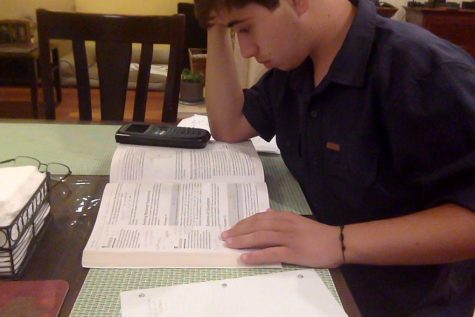
When COVID-19 disrupted education in 2020, students’ access to test preparation and testing centers became increasingly limited. A tsunami of colleges and universities, therefore, eliminated their standardized testing requirements in order to accommodate the circumstances. However, UC schools had the idea to stop requiring high school students to submit SAT or ACT scores for admission in the making since much earlier, and the Board of Regents finally voted in May.
The vote resulted from civil rights groups and education experts that oppose standardized testing, claiming that it favors wealthier, typically white students that are able to pay for substantial test preparation. The UC system was even sued by a group of students, public school districts, and education advocacy groups.
“We consider the use of the exam to be an antiquated approach to admissions, and one that undermines equity and ignores appropriate indicators of college aptitude,” Frances Contreras said, a UC San Diego Professor and co-chair of the UC Chicano/Latino Advisory Council.
When the SAT was created in 1926, it aimed to provide skilled students a chance to compete for scholarships and college admission, regardless of income. Almost a century later and the very people it aimed to help, lower-income students, are often excluded.
While the SAT and ACT are supposed to provide colleges a way to compare students from different schools and determine college readiness, the test is unfair to low-income students because of the unethical costs and inability to access adequate test preparation, which has been proven to raise test scores, something the College Board even admitted after years of denial.
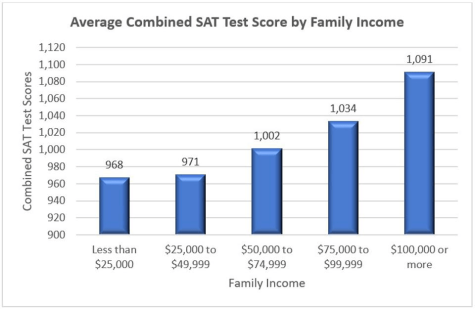
Students with a family income of $100,000 or more are over twice as likely to have combined SAT test scores of 1400 to 1600 compared to students with a family income under $50,000. Even though College Board provides fee waivers for low-income students, it subsidizes for only two tries.
Part of the original exam’s mission was also to increase racial diversity, yet Black and Hispanic or Latino students commonly score lower on the math section, likely because of generations of exclusionary housing, education, and economic policy. Instead of lowering race gaps, using the SAT for college admissions actually reinforces them.
Standardized testing scores are not even accurate indicators of college success. When researchers at the University of Chicago analyzed the relationship between GPAs and SAT scores with college graduation rates, they found that GPA had a much stronger correlation.
“GPAs measure a very wide variety of skills and behaviors that are needed for success in college, where students will encounter widely varying content and expectations,” lead author on the study, Elaine Allensworth, said.
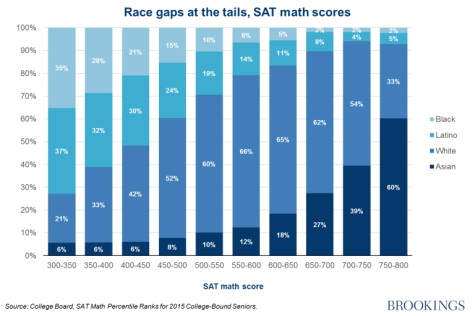
When the UC Board of Regents held the conference in May to discontinue SAT/ACT scores, almost everyone participating stressed how unfair, predictively weak, and even polluted with social bias the tests are. The vote was a unanimous 23 to 0 to discontinue using SAT/ACT scores.
“Research had convinced them that performance on the SAT and ACT was so strongly influenced by family income, parents’ education and race that using them for high-stakes admissions decisions was simply wrong,” Sociology professor, Joseph Soares, explains in “The Scandal of Standardized Tests,” his book on why the SAT and ACT need to be dropped.
While the SAT presents disadvantaged students with the opportunity to have more of a shot at top colleges, the test is relatively ineffective in measuring college readiness and intelligence, not to mention discriminatory. That being said, if colleges replace test scores with measures that are likewise correlated with family background, not much will change. If a more accurate and ethical method is developed, it could be revolutionary for disadvantaged students seeking higher education.


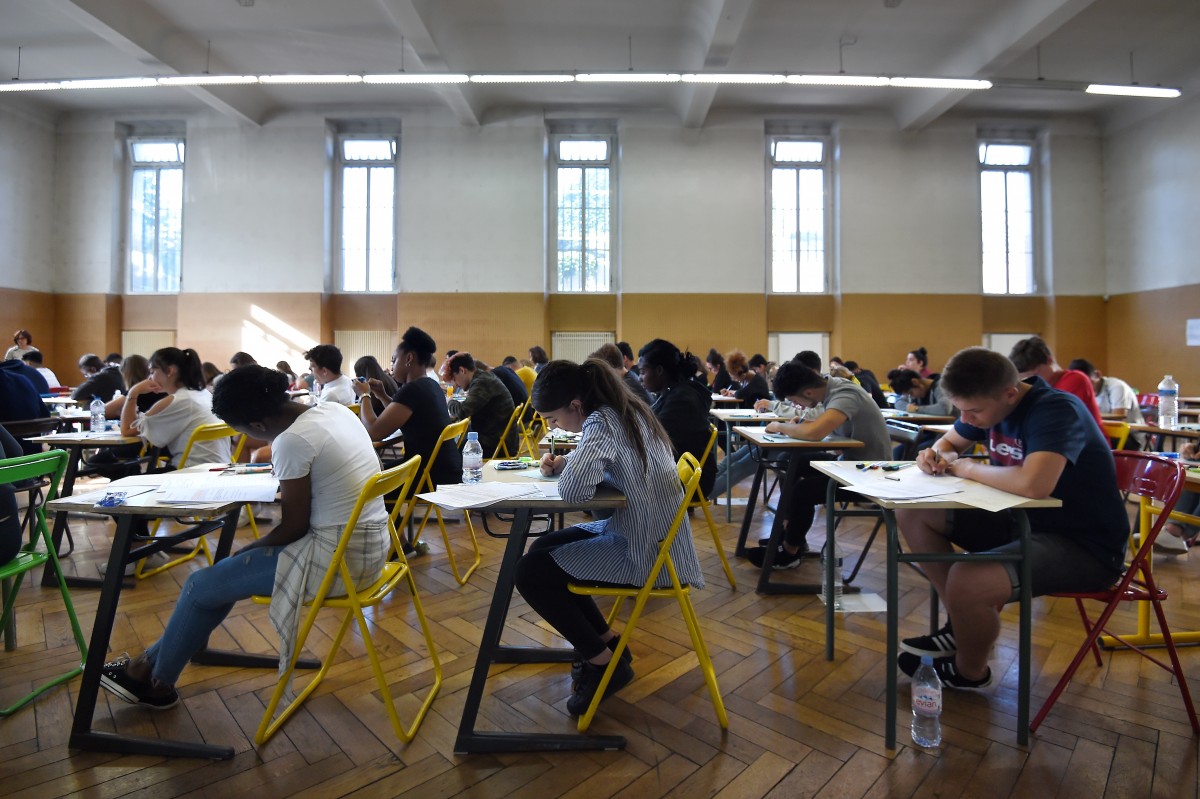
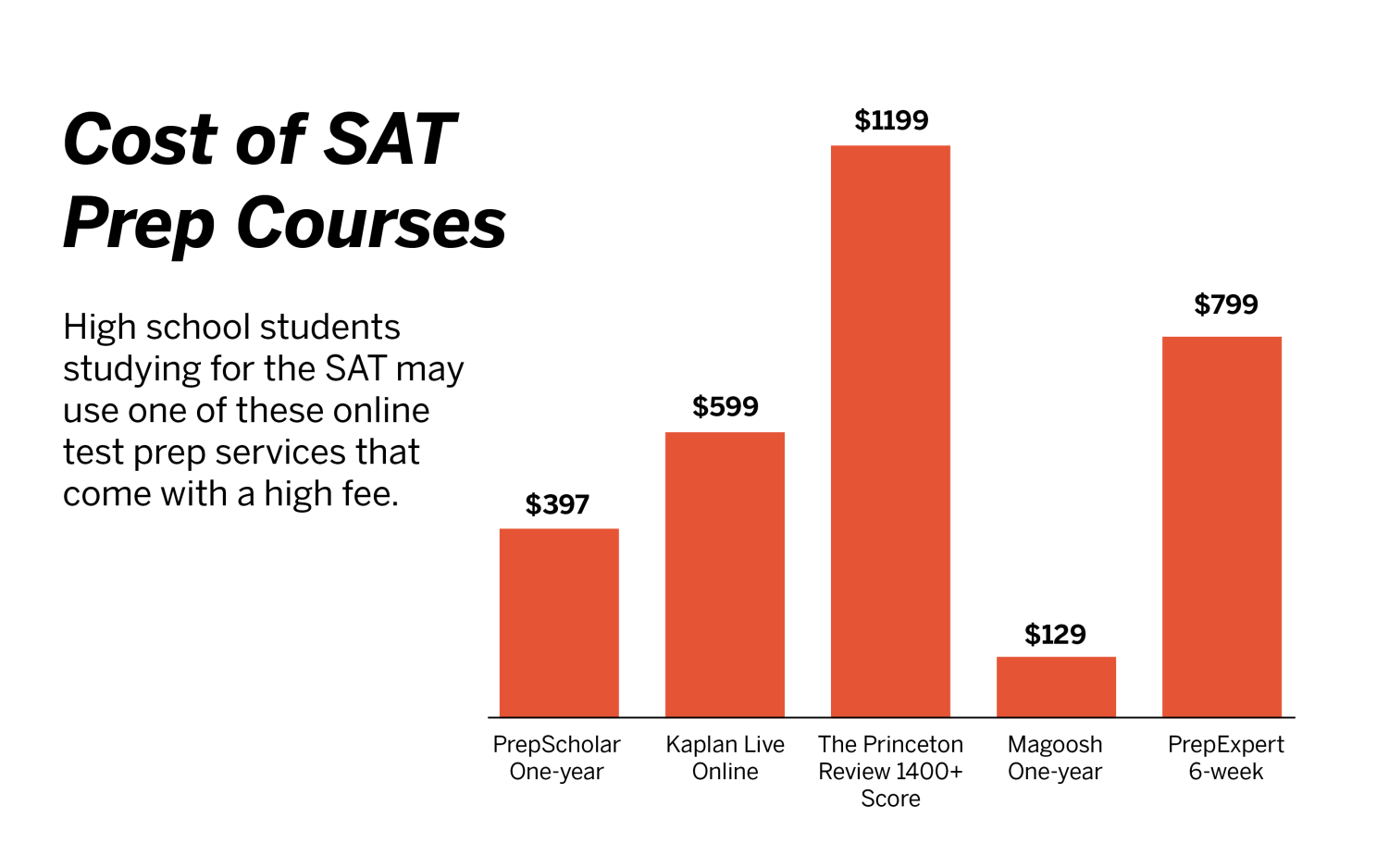
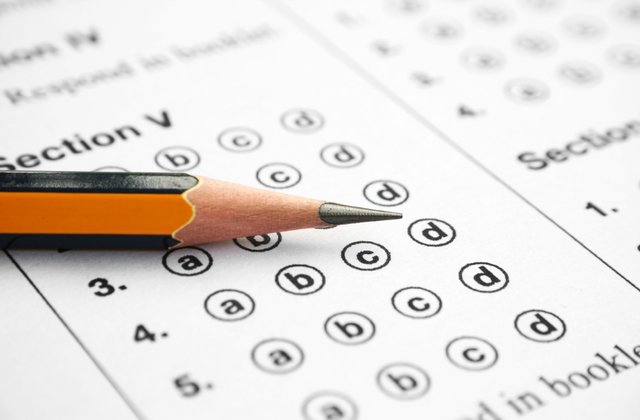
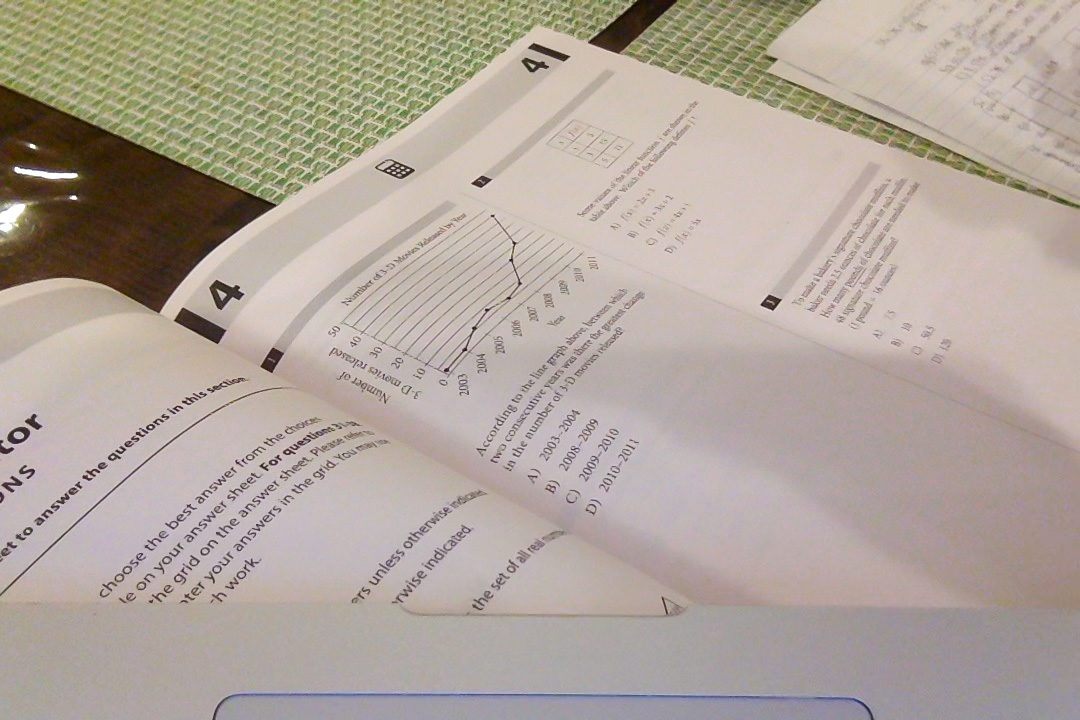

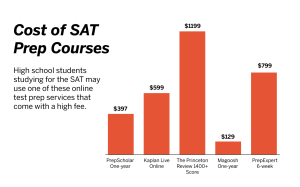

Grace ◊ Oct 12, 2021 at 10:31 am
SO TRUE !! TEAR IT UP NANCIE !! <33 love from Mission Vista High School 😀